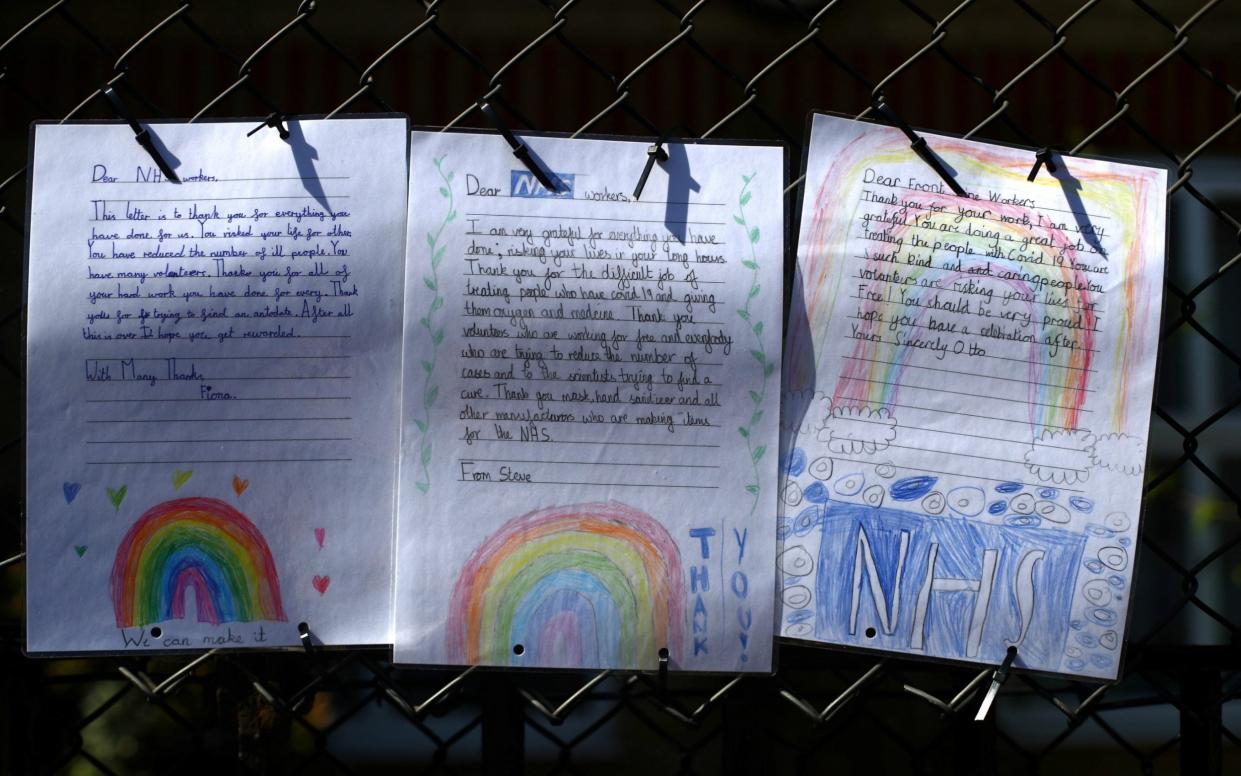No reported case of a child passing coronavirus to an adult exists, evidence review shows


No child has been found to have passed coronavirus to an adult, a review of evidence in partnership with the Royal College of Paediatricians has found.
Major studies into the impact of Covid-19 on young children show it is likely that they "do not play a significant role" in spreading the virus and are significantly less likely to become infected than adults.
While experts have said more evidence is needed, they note that there has not been a single case of a child under 10 transmitting the virus even in contact tracing carried out by the World Health Organisation (WHO) in January and February.
The development comes after public health officials in Switzerland announced that under-10s can hug their grandparents again because they pose no risk to them.
A review in partnership with the Royal College of Paediatricians and Child Health (RCPCH), found that the evidence "consistently demonstrates reduced infection and infectivity of children in the transmission chain".
Led by Dr Alasdair Munro, a clinical research fellow in paediatric infectious diseases, the study's research concluded: "Covid-19 appears to affect children less often, and with less severity, including frequent asymptomatic or sub-clinical infection. There is evidence of critical illness, but it is rare. The role of children in transmission is unclear, but it seems likely they do not play a significant role."

The review, by the Don't Forget the Bubbles paediatric research project, added: "Notably, the China/WHO joint commission could not recall episodes during contact tracing where transmission occurred from a child to an adult."
Among the evidence is a study of a nine-year-old British boy who contracted coronavirus in a French Alps but did not pass it on despite having contact with more than 170 people at three schools.
The boy, among the cases linked to Steve Walsh, the first Briton to test positive, also had influenza and a common cold which he passed to both of his siblings – but neither picked up Covid-19.
Kostas Danis, an epidemiologist at Public Health France who carried out that study, said the fact that children develop a milder form may explain why they do not transmit the virus.
He said that while it was possible children could infect others, there has not been a case to date and there is "no evidence that closing schools is an effective measure".
Further evidence from China showed that, when families had contracted the virus, children were "unlikely to be the index case".
Professor Russell Viner, the president of the RCPCH, said: "From around the world, we are not seeing evidence that children are involved in spreading or transmitting the virus, but we do not have enough evidence."
Prof Viner added that it was too soon to say children could hug their grandparents, particularly as the over-70s are the most vulnerable.

 Yahoo News
Yahoo News 
